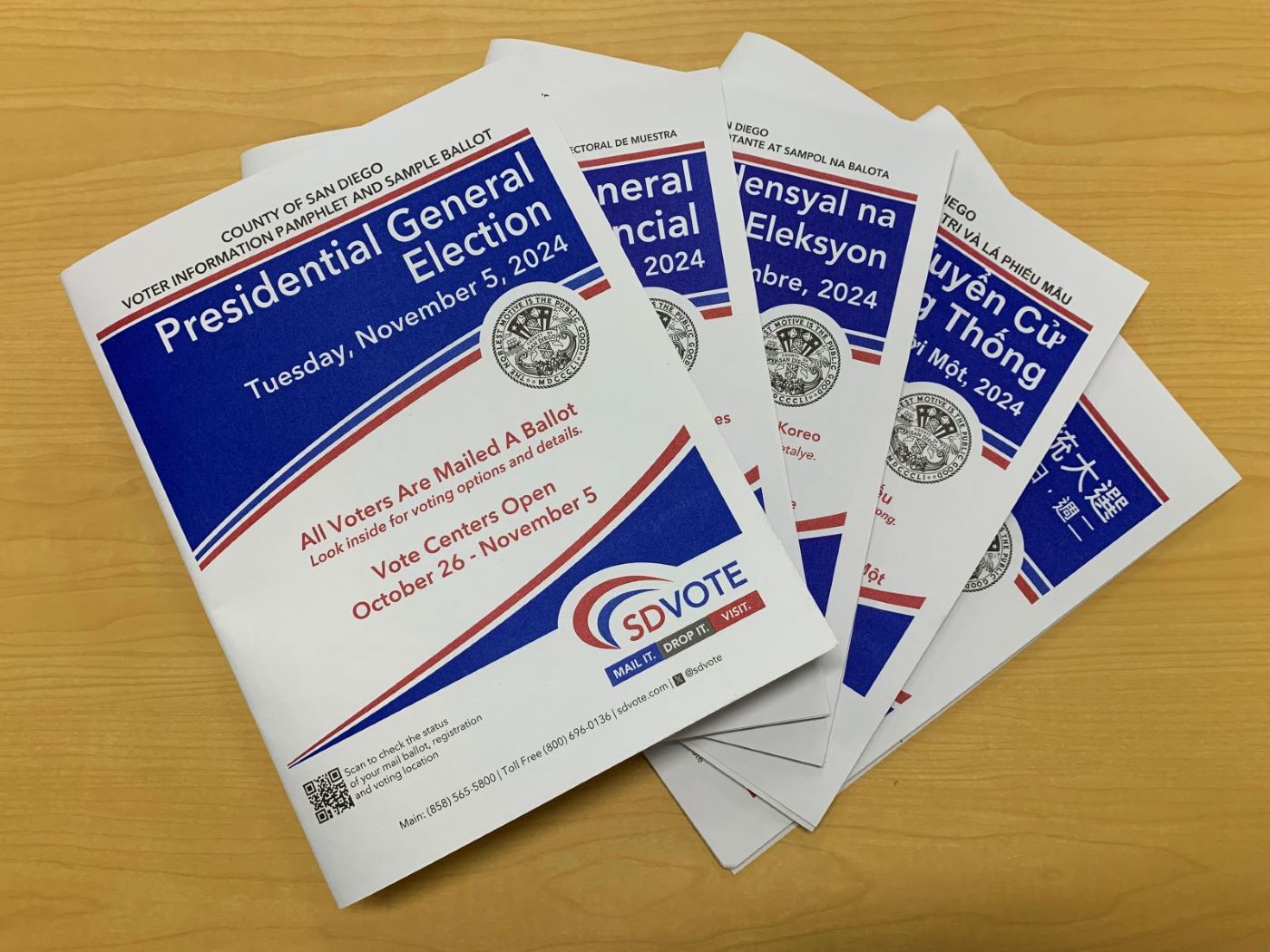On the San Diego County Ballot there were 9 propositions and 2 measures that community members voted for or against on election night. To see the official wording for everything on the ballot, enter a local address (Helix’s address is 4200 Lowell St, La Mesa, CA 91941) into Cal Matter’s website, What’s On My Ballot. The unofficial election results can be found here.
58.2% of the community voted YES on Prop 2, which means $10 billion will be borrowed by the state to build, upgrade, and repair public schools for improvement of health and safety conditions. Opposers claim that this bond favors larger, higher-wealth districts at the expense of low-income districts. Currently, the state distributes funding through “50-50 matching grants, which means that districts that can raise a lot of money locally — typically, higher-income areas — can get more state money” (Does a proposed $10 billion bond favor richer California school districts?). However, Public Advocates are urging California to adopt a different method for distributing the money so that wealthy districts would only get slightly less than the poorest districts. Education advocates agree that while this bill is not perfect, it takes important steps toward equity.
The widely supported Prop 3 was passed with 62.5% of the community in favor. Language in the California Constitution stating that marriage is only between a man and a woman will be removed to recognize the fundamental right to marry, regardless of sex or race. Supporters say it won’t change California law on age requirements for marriage or how many people can marry in a legal union but still, it’s a necessary safeguard. The U.S. The Supreme Court currently has a conservative majority and has recently been reversing earlier decisions on controversial issues (Will California protect gay marriage in its constitution?).
Surprisingly, 53.5% of the community voted against Prop 6 which aimed to remove current provision that allows jails and prisons to impose involuntary servitude to punish crime (i.e., forcing incarcerated persons to work). A similar measure died in the Legislature two years ago after a cost analysis found that it would cost the state $1.5 billion to pay prisoners minimum wage. However, Carmen-Nicole Cox, director of government affairs at ACLU California Action, asserts that “the idea that we would have to pay individuals should have never been any reason for us to not end slavery, because we should not be interested in exploiting human labor” (Californians will decide — in 2024 — whether to ban slavery. What will the measure do?).
Prop 32 proposed an immediate raise in minimum wage to $17 with plans to raise it to $18 in 2025 for companies with over 25 workers, but the community voted NO. There is an ongoing debate on the effects of raising the minimum wage. A report conducted in 2023 for the U.S. Congress “projected that increasing the federal minimum wage from $7.25 an hour to $17 would reduce employment by about 700,000 jobs.” However students from UC Berkeley, UC Davis and University of Victoria observed that employment in the fast-food sector has increased in California and New York -two states with minimum wages more than double $7.25 (Your guide to California’s minimum wage: Getting by in an expensive state).
Prop 36 aimed to overturn prop 47, which reduced certain crimes from felonies to misdemeanors. The 68.6% of the community voted YES, which means that felony charges can be charged for possessing certain drugs and for thefts under $950. Some supporters of prop 36 believe it will lessen homelessness by urging struggling Californians to participate in mental health and drug treatment. Regardless, many opposers argue that Prop 36 has nothing to do with homelessness. San Francisco determined that “the number one reason Californians end up homeless is a loss of income — not drug use” (Potential tough-on-crime ballot measure promises less homelessness. Experts aren’t convinced).
51.1% of the community voted against Measure G, which would have raised the local sales tax by half a cent to upgrade various transportation methods, reduce traffic congestion, improve pedestrian, bicyclist, and driver safety, improve public transit, protect wildlife habitat and fill potholes. Mass Transit Magazine said that the “$350 million in essential transportation improvements would ease commutes and protect the environment by preserving natural habitats and keeping pollution out of local waterways” (County and city of San Diego sales tax measures falling short). The San Diego Union Tribune published an article by Kerry Jackson, a member of the Center for California Reform, which opposed this measure because they believe that a tax hike is not necessary to combat San Diego’s increasing traffic, gridlock and smog problems. Free Cities Center director Steven Greenhut added that transportation funds end up in projects that have no transportation benefits at all, such as bike lanes and environmental projects (Does San Diego County’s Measure G measure up?).

